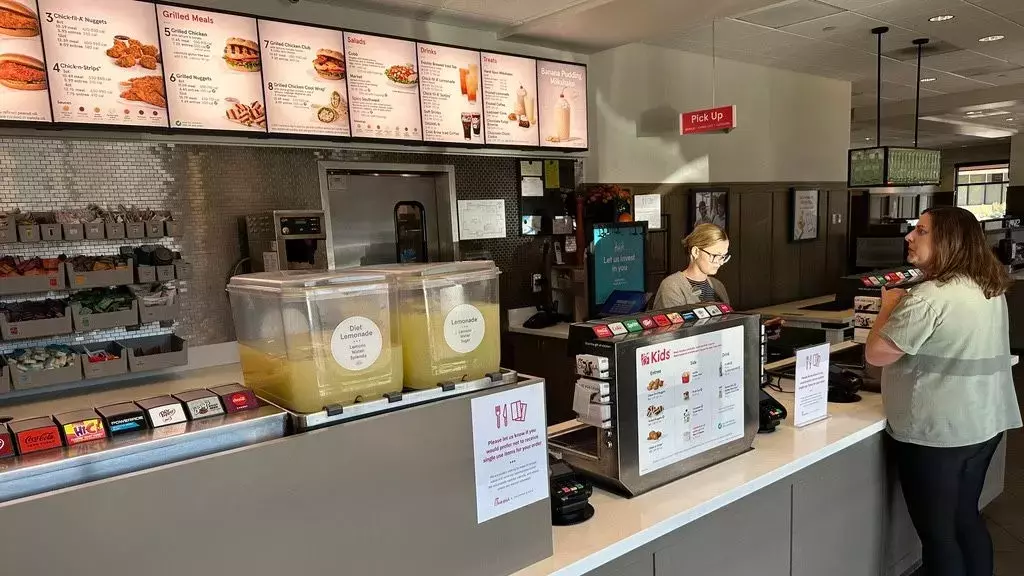As the nation gears up for a pivotal election, the latest consumer sentiment survey from the University of Michigan reveals a surprising trend - Americans are feeling more optimistic about their financial well-being. This upswing in consumer confidence, which has now persisted for three consecutive months, provides a glimmer of hope amidst the ongoing economic challenges facing the country.
Navigating the Shifting Tides of Consumer Sentiment
A Steady Climb in Confidence
The consumer sentiment index has been on a steady upward trajectory, reaching its highest level since April 2024. This improvement in sentiment has been driven by a combination of factors, including a slight easing of inflationary pressures and a more favorable outlook on employment and income prospects.Interestingly, the survey findings suggest that consumer sentiment is closely tied to political leanings. While sentiment among Republicans has increased by 8%, reflecting a growing confidence in a potential Trump presidency, sentiment among Democrats has declined by 1%. This divergence highlights the polarized nature of the electorate and the significant role that political affiliations play in shaping economic perceptions.The Influence of the Upcoming Election
The upcoming election has emerged as a crucial factor in shaping consumer sentiment. As Joanne Hsu, the Surveys of Consumers Economist, aptly noted, "All year, consumers have repeatedly told us that the trajectory of the economy hinges on who becomes the next president." With the race for the White House being a close one, many consumers are eagerly awaiting the outcome, anticipating that it will significantly impact their economic expectations and future spending decisions.The survey findings suggest that the percentage of consumers who believe Vice President Kamala Harris will win on Election Day has declined from 63% in September to 57% in October. This shift in perception could be indicative of a growing sense of uncertainty among voters, as they grapple with the potential implications of a changing political landscape.The Impact on Durable Goods and Inflation
The improvement in consumer sentiment has been particularly evident in the durable goods sector, where consumers have reported a slight increase in their buying power. This can be attributed, in part, to the Federal Reserve's decision to implement a half-point cut to its base rate last month, which has helped to ease some of the financial pressures faced by households.However, the survey also reveals that a majority of Americans still expect inflation to outpace income gains in the coming year. High prices continue to be the top issue affecting personal finances, underscoring the ongoing challenges faced by consumers as they navigate the complex economic landscape.Navigating an Uncertain Future
As the nation approaches the pivotal election, the shifting tides of consumer sentiment serve as a barometer for the broader economic climate. While the recent uptick in confidence is a welcome development, the survey findings also highlight the fragility of the economic recovery and the significant role that political factors play in shaping consumer perceptions.In the months ahead, consumers will be closely watching the outcome of the election and the policies that the new administration will implement. The stability and direction of the economy will undoubtedly be a key concern for voters, as they seek to secure a brighter financial future for themselves and their families.As the country navigates this uncertain period, it will be crucial for policymakers and economic leaders to address the underlying issues that continue to weigh on consumer confidence, such as high inflation and concerns about employment and income prospects. By taking a proactive and collaborative approach, they can help to restore a sense of stability and optimism among the American people, paving the way for a more robust and sustainable economic recovery.You May Like

